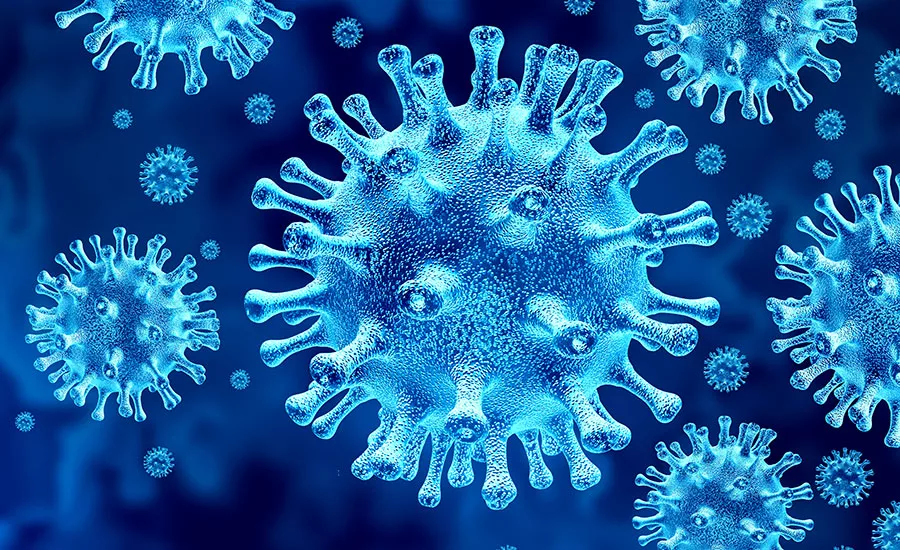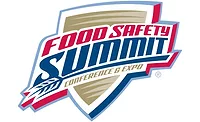An International Perspective on the Impact of COVID-19 on Food Supply Chains

Food Supply Chains (FSCs) have changed over this past year. The coronavirus disease 2019 (COVID-19) is currently a global public health concern: It is caused by SARS-CoV-2 and continues to represent an enormous threat to healthcare worldwide.[1] It was first identified in Huhan, China, in late 2019, with 54.3M total cases globally, 34.8M recovered patients and 1.31M deaths at present.[2] Even though consumer trends are as forecasted, people care much more about the impact of the products they consume on human health and the importance of sustainability of the FSCs.[3] Some examples of these trends are clean labeling of food products, functional foods, alternative and sustainable protein sources, gut health, and bioactive formulations. Companies must face the challenges and solve the problems that this disease is causing in order to explore more opportunities, like reaching new markets and retaining a competitive position in local markets.[4]
Sustainable FSCs start with the origin, quality, and way that the raw material is produced. The methods and working conditions that processors and retailers follow represent the sustainable practices of the organization. Companies face social, environmental, and economic risks that are challenging. Additionally, companies can increase their brand value up to 30 percent by investing in FSCs, including such activities as the sustainable utilization of materials and developing better relationships with suppliers.[5] But guess what? COVID-19 caused a reduction of consumption worldwide followed by an increase in logistics costs; for example, in the Ecuadorian shrimp industry, such costs have increased by 25 percent.[6]
The fact that FSCs have become more expensive to handle has impacted them severely. Sourcing and transporting raw materials have become more difficult and tend to suffer delays. The increased costs of operations have inspired suppliers and brokers who are involved in FSCs to commit food fraud and become less transparent about their inspections and test results. Furthermore, fluctuations in the FSC have led to shortages in supplies, which may result in a decrease in the quality of products because of the use of substitute ingredients.[7]
During this time of COVID-19, food companies must carry out effective hazard analyses, have an effective recall plan, and manage risk-based preventive controls and procedures for monitoring with corrective actions.[4] In order to overcome the challenges of the changes in the FSC, it is important to simplify your food safety procedures, properly train Preventive Controls-Qualified Individuals to enhance food safety culture, and link academic food science with manufacturing (here in Ecuador, we must follow the Manufacturing Extension Partnership approach that the American industry follows).[8] The application of new technologies (cold plasma, plasma-activated water, radiofrequency pasteurization, gaseous chlorine dioxide, pulsed electric fields) during processing might be useful, but it is not enough. Food safety has to matter everyone (growers, processors, and shippers) and must be kept in mind during every step of the FSC (cultivation, postharvest, washing, sanitizing, transportation, and processing).[4]
Current challenges for agribusinesses must be overcome. For example, the Ecuadorian industry has worked hard to overcome these challenges. An important industry in Ecuador is cacao. Companies have developed expertise to mitigate food fraud. The application of Blockchain technology and genetic biomarkers are used to detect where the cocoa beans come from, and address where and how the fermentation procedure was performed, and if the beans were adulterated with cheaper cocoa beans. Even though the premium cacao market is very large, previous problems have led to a loss of confidence of the brands towards their suppliers.[9]
Another representative Ecuadorian industry is shrimp. Last year, it was forecast to achieve 20 percent growth, but myriad challenges resulted in only 6 percent growth.[6] China, which is the major consumer of this product, detected COVID-19 in the packaging of Ecuadorian shrimp, which caused the suspension of more than 25.000 tons of this product. Regulations for Ecuadorian shrimp are now stricter, and such events have not happened again. If we compare the period between January and September between the years 2019 and 2020, Asia decreased their imports by 14 percent, from 1.75B to 1.5B, while the United States increased their imports from 344M to 487M and Europe increased their imports by 23 percent, from 541M to 613M.[10] As we look ahead over the coming year, we hope that with cases of COVID-19 decreasing, our FSCs can stabilize and that world trade can resume pre-pandemic levels.
References
1. Shakoor, H., et al. 2002. “Immune-Boosting Role of Vitamins D, C, E, Zinc, Selenium, and Omega-3 Fatty Acids: Could They Help against COVID-19?” Maturitas 143: 1–9.
Looking for quick answers on food safety topics?
Try Ask FSM, our new smart AI search tool.
Ask FSM →
2. https://www.worldometers.info/coronavirus/.
3. http://www.alimentacion.enfasis.com/notas/86218-tendencias-y-habitos-consumo-despues-del-coronavirus.
4. https://www.food-safety.com/articles/6805-recent-advances-in-food-processing.
5. https://thelogisticsworld.com/historico/como-construir-cadenas-de-suministro-sostenibles/.
6. https://www.aquaculturealliance.org/advocate/ecuadors-shrimp-industry-clearing-numerous-hurdles-in-2020/.
7. https://www.food-safety.com/articles/6808-food-supply-chains-and-covid-19-impacts.
8. https://www.food-safety.com/articles/6831-tips-for-optimizing-your-food-safety-plan.
9. Lafargue, P. 2020. Sistemas de trazabilidad avanzados para mejorar cadenas de suministro de alimentos sostenibles. UDLA Quito, Ecuador.
10. https://www.cna-ecuador.com/estadisticas/.
Diego Mauricio Ayala is a student in agri-food engineering at the UDLA School in Ecuador.







